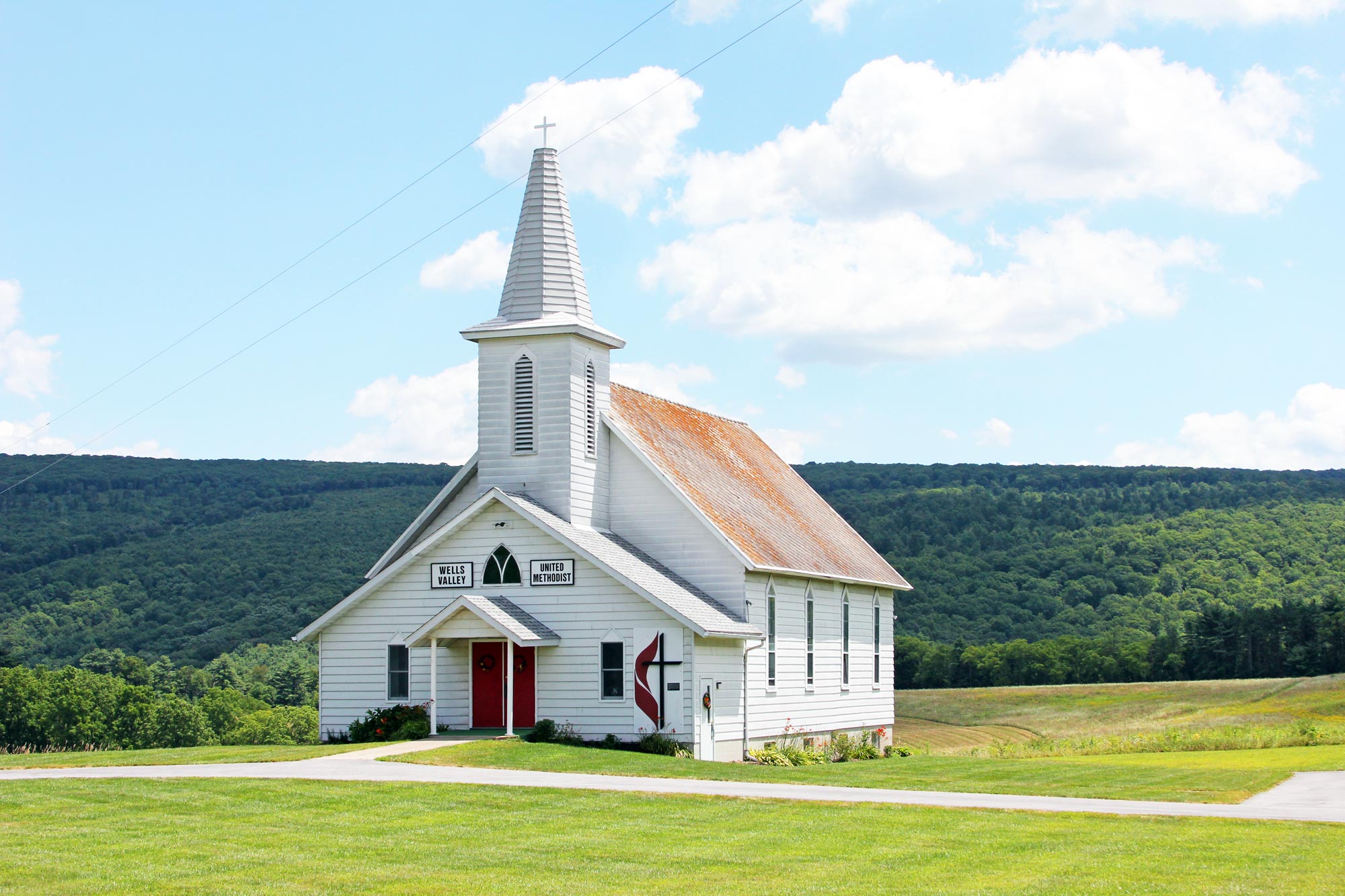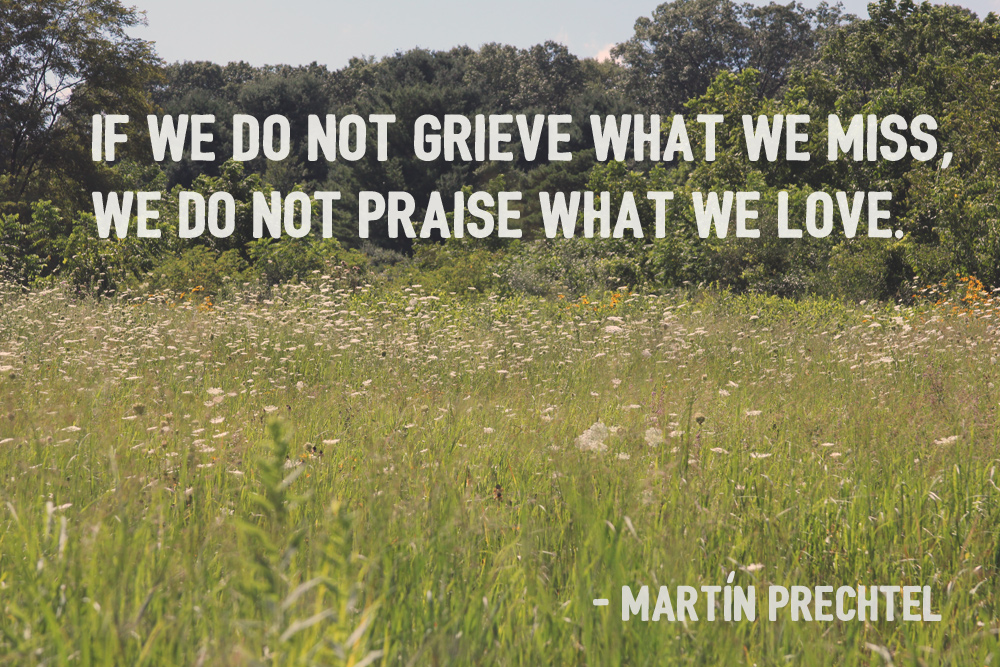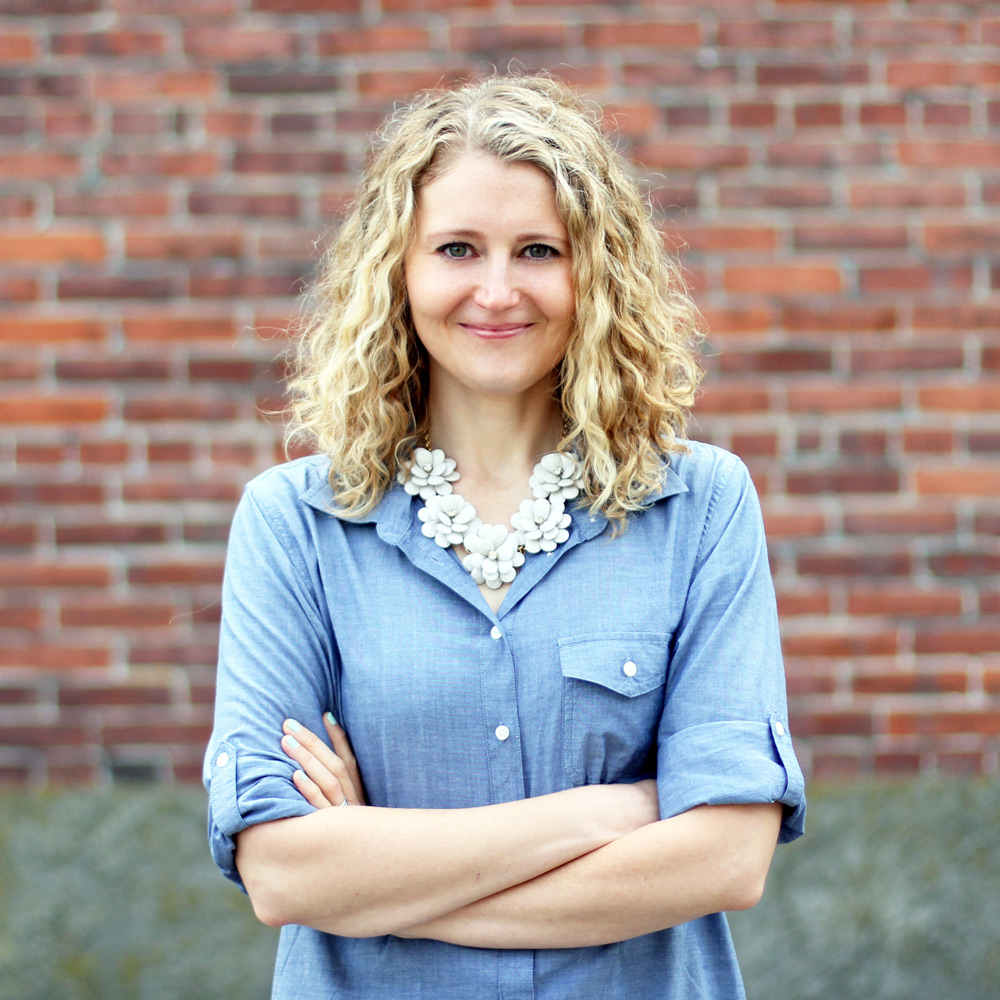When the Church Abandons You in Your Grief
The deep need for your community to show up for you

My mom raised me in the church. For most of my life, I grew up as a sheltered church girl who knew very little about alcohol, drugs, and sex. My mom took my sisters and I to church every Sunday, even though my step-dad never joined us. Looking back, I have no idea how she managed taking us there so consistently, given that she worked full time hours. She also sent all three of us to church camp every summer, where we would learn more about God in a week than we had learned in Sunday school for an entire year.
These were our more normal years, even though there were still problems. I’d take back these normal years in a second, if I could.
After my mom and step-dad separated early in my junior year of high school, everything fell apart. Life as we knew it would never be the same again.
My mom had worked full time for my step-dad’s business. When they divorced, my mom no longer worked for him. She was jobless. A few days after their separation (before they were legally divorced), my step-dad emptied out all the cash in the bank account. Previously written checks that hadn’t been cashed yet bounced. I still have a copy of my younger sister’s ski club check being returned by Blue Mountain High School for insufficient funds.
Immediately after losing our step-dad, we stopped going to church. How could my mom muster the energy to get there? She was grieving. People do unusual things in grief. She was devastated and jobless, with three girls to take care of and a mortgage payment.
Not only that, about a week before they separated, my younger sister was in a life threatening accident. She was temporarily handicapped with a broken ankle and a broken wrist, on the same side of her body. She needed help grooming and bathing, and had a special walker to get around. With my younger sister’s inability to walk, and my mom’s unmanageable grief, how on earth could we have gotten to church?
For three months after their initial separation (because legal divorce takes time, money, and lawyers), we lived off cash my mom had saved in the freezer to buy my sisters and me skis for Christmas. With no cash flow coming from a job and no funds in the bank, that was all we had. It was also during this three month period that my sisters and I continued going to school as if everything were normal, and my mom stayed home day and night, locked in her bedroom, crying. My mom grieved during this three month period, very deeply, but my sisters and I, we held it together. We never cried. This three month period ended when my mom got a job selling cars at a GM car dealership not far from our home.
It was during that three month period, jobless and grieving, that my mom felt extremely hurt by the church.
We were in one of the most desperate times of our lives, and the church was nowhere to be found. No one called us. No one came to visit. No one checked in on my mom when she went missing from church, week after week. But even more significantly, no one checked on my sisters and I. We were children.
We had gone to a very conservative Baptist church that wasn’t into alcohol or woo-woo God things like healing sickness. They were anti-secular everything: no secular music, no prom, no cards, no dancing. Divorce must have been too messy and uncomfortable for them.
This was a huge turning point in the destruction of our family: my mom left the church for good. A year after my mom left the church, she met the Coors Light Drinker.
In The Smell of Rain on Dust, Martín Prechtel says:
“… grief, even for an individual’s loss, is a thing for which a lot of people are necessary. A tribe is necessary even if it’s just to be a kind of resilient nonjudgmnetal human basket, against which the griever is able to thrash.”
Key words: A lot of people are necessary.
We lost our tribe.
No one showed up to be present to us in our grief.
My sisters and I, we had to go at it … alone. My mom was not able to be present to us, and I don’t blame her for that. She was processing her own trauma, and how she was going to take care of three blonde girls and a huge house without a job. We were three beautiful Christian girls, intelligent, loving, and kind, with nowhere to go with our grief and no one to help us. So we did what most kids do — we shut down.
“Grief expressed out loud for someone we have lost, or a country or home we have lost, is in itself the greatest praise we could ever give them. Grief is praise, because it is the natural way love honors what it misses.”
I didn’t realize this was something to grieve in and of itself — the loss of having your community show up for you in your grief — until I read this Native American book on grief and praise by Martín Prechtel. I didn’t realize how badly we needed people to help us grieve, until I read this book. The day I read this in the book, I couldn’t fall asleep at night. Emotion was stirred and tears fell as I thought about how our church never helped us. If you looked at us from the outside, you wouldn’t have been able to tell how isolated we actually were. We had no close friends of our own to talk to and most of the family we had known was through our step-dad.
What could our life have looked like, had the church come alongside us in our suffering? Had the church chosen to stay present to us, to be with us, to love us, and walk alongside us in this trauma.
To have someone come along to be with us in our grief, I wonder how healing that would have been. I wonder how my sisters and I would have weathered everything that happened later, had we been loved early on.
The church turned a blind eye on suffering children.
It’s a wonder I still stuck it out with God. I look at other places in my life, way later down the road, where people showed up in my grief — and it was the most healing thing in the world for me.
Having others show up for you in your grief is a basic human need for healing.
There were two church people that reached out to us about a year later, and that meant the world to us, and so they are the exception. But what I’m getting at here, is that we lost our community in trauma.
If you’re dealing with grief or are in a grieving process or think you may have suppressed grief, I highly recommend Martín Prechtel’s book called “The Smell of Rain on Dust”. I don’t agree with everything he says (isn’t it like that with everything though!?), but he offers phenomenal wisdom on grief.

Enjoy More Archerfriendliness
With the new archerfriendly upgrade we did last October, we instituted a yellow couch symbol to represent the "life" category on my blog. All of the articles that fall under this topic are conside...
Archerfriendly now has over 100 "Likes" on Facebook! Thank you all so much! To celebrate, I'm giving away this beautiful $10 gift card to Whole Foods! To enter the random drawing, see the giv...
The grime in your house can contain heavy metals, mold, dust, and pet dander. These things will never boost your health. In fact, they can make it worse. Household filth also brews emotional mu...








Bethany Hudson
March 10th, 2016 at 9:49 am
Regardless of mores, I have seen this happen time and again during divorce – especially to the woman and her family. Any sort of grief that can’t be cured with a cup of coffee and a casserole, really. The messy kinds. Most “nice” people just don’t know how to cope, and so they stay away. Kind of sucks for those of us who have been the victims of multiple messy tragedies. But there are tribes who will stand by you. I find they tend to be hodgepodge and unexpected, and very real.
Reply
Carlos Donate
March 14th, 2016 at 5:28 am
As a Christian Naturopath, I would tell my brethrn not to be discouraged if our church fails us. Indeed, the Scritptures tell us the Christ will never fail us. Stay positive despite man’s shortcomings, and forgive our offenders. God bless you all!
Reply